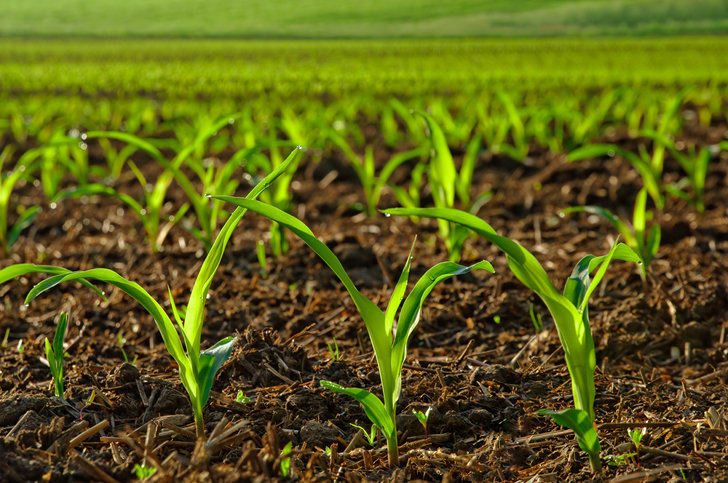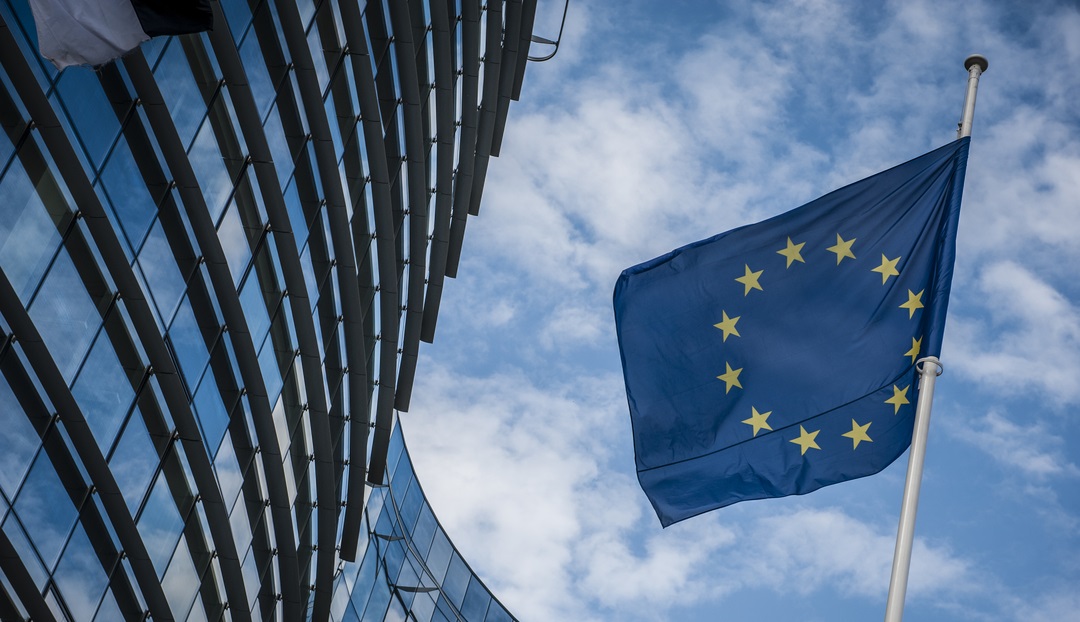MEPs oppose EU plans to authorise five GMOs

MEPs have opposed the European Commission plans to authorise five GMO products, maize Bt11, 1507 and MON810 (seeds and products), and a glyphosate-resistant cotton, in a vote on Thursday.
MEPs reiterated their call for a reform of the EU’s GMO authorisation procedure.
Greens, who are campaigning for a GMO-free Europe, saw the vote as a 'clear signal' to the Council body tasked with deciding on the authorisations.
The new objections by MEPs follow previous objections to authorizations for GM maize, soybeans and carnations.
Science of GMOs 'suspect'
Molly Scott Cato, Green MEP for the South West, who sits on the Parliament’s Agricultural Committee, said: "I am delighted that MEPs have followed the Green lead on this issue and signalled their opposition to GM crops in Europe.

"It’s not just the science of GMOs that is suspect, it’s the fact that GM crops are intended for intensively farmed monocultures which threaten biodiversity and soil fertility.
"There is also the issue of corporate power. The planned merger between German pharmaceutical giant Bayer and American seed-maker Monsanto would strengthen the arm of the GM seed lobby.
"If this takeover is ever allowed to take place it would create one giant corporation controlling 30% of the world market for seeds and 24% of the pesticide market.
"Further, soil acts as a vital carbon sink, and is key to achieving our carbon emissions reduction targets.
"The recently launched European Citizens Initiative, People4Soil, demands a legislative framework specifically to protect our soils, the source of our food and life," Miss Cato concluded.
Seventeen member states have banned GMOs on their own soil, but the UK government supports the growing of GM crops.
'Anti-GMO activists holding back innovation'
On the other side of the debate, pro-GMO campaigners say anti-GMO activists are 'holding back innovation in agricultural biotechnology that could cost the poorest nations up to $1.5 trillion through 2050', according to a report released earlier this year.
The report, by the Information Technology and Innovation Foundation (ITIF), said campaigns against GMOs originated primary in Europe had created 'significant obstacles.'
"While the policies and practices resulting from these campaigns impose considerable costs on the economies of origin, they disproportionately hurt those nations with the greatest need for more productive agriculture—particularly the developing nations of sub-Saharan Africa."
The report estimated that the current restrictive climate could cost low- and lower-middle-income nations up to $1.5 trillion in foregone economic benefits through 2050.
These restrictions lower farmers’ productivity and raise food prices—not just in the countries where the campaigns originate, but in nations that avoid GMO crops so they can export to countries with policies banning or limiting GMOs," the report said.








